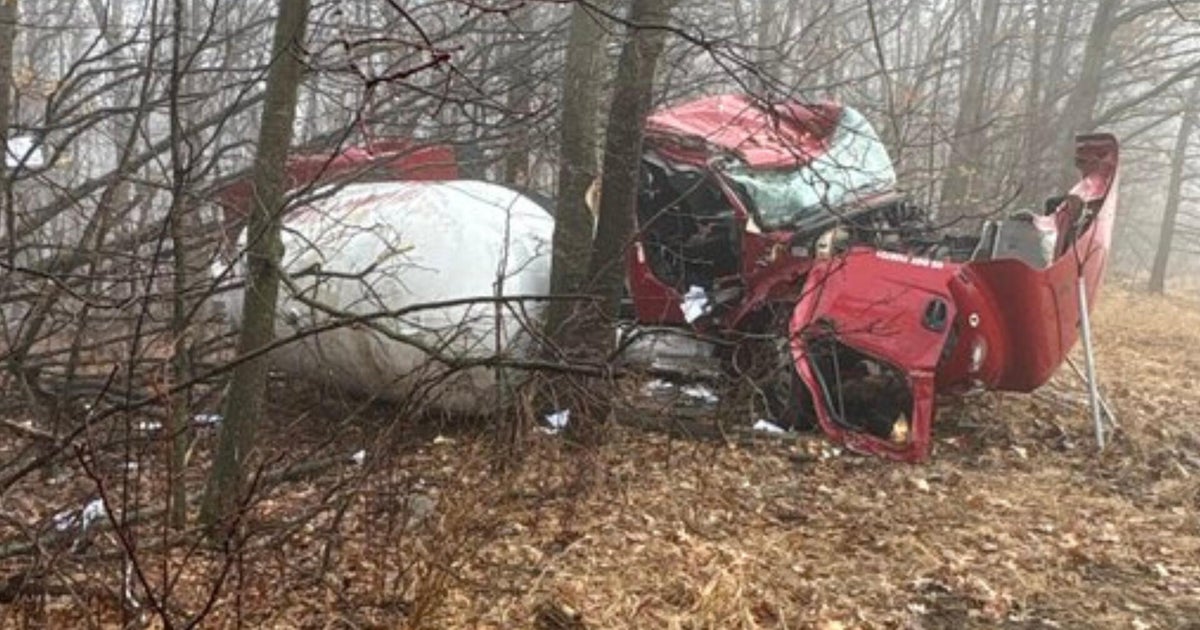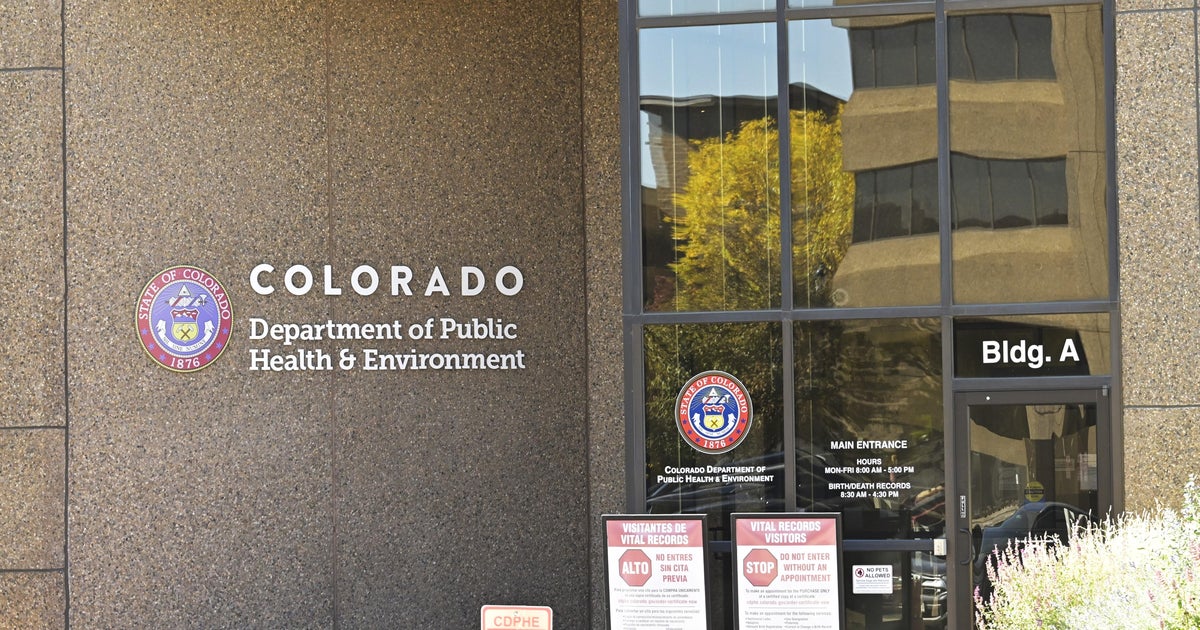Contra Costa County Supervisors Start Process of Changing Kirker Pass Road Name
CONCORD (BCN) -- Like so many people who've grown up in Contra Costa County, Karen Mitchoff just figured Kirker Pass was named after a rancher who settled near the well-traveled road winding through the hills between Concord and Pittsburg.
"I had no idea," said Mitchoff, the chairperson of the county Board of Supervisors and whose district includes the western portion of Kirker Pass Road. "I've lived here since I was a kid. I had no idea how despicable this person was."
That person was James Kirker. And, while he settled in the area, and may have done some ranching, he was far from the average 19th-century settler. Which is why the board is exploring changing the name of Kirker Pass.
As municipalities all over the U.S. reevaluate the names put on schools, roads, and other local institutions, longstanding traditions are being challenged by a new unwillingness to turn a blind eye to the misdeeds of once-celebrated figures.
In Kirker's case, the name has been uttered by locals for at least 130 years, since at least 1892, when county supervisors officially named the road and the steep hills around it after Kirker, who lived in the county for less than three years. Kirker came to Contra Costa in 1850 and died either in 1852 or 1853, depending on who you ask.
What's not disputed is that Kirker was widely known as a "scalp hunter," and a killer of hundreds of Native Americans, working for the Mexican government in the 1840s.
Some accounts say he was responsible for killing women and children. He reportedly came north to Contra Costa only after switching allegiances in 1846 to fight for the U.S. in the Mexican-American War, earning a bounty on his head from Mexico.
"I'm having a hard time even saying his name in public," Mitchoff said. "There's absolutely nothing redeeming about this individual."
The issue came up at the board's Feb. 8 meeting, at which Daniel Kelly spoke up about Kirker. Kelly, a retired San Francisco social worker and a master's student in history at Arizona State University, wrote an op-ed in a Bay Area publication about Kirker.
Kelly accused Kirker of leading a raiding party in the Mexican state of Chihuahua during the night in 1846 and killing between 130 and 170 Apache men, women and children while they slept, after they struck a bargain with local officials to stay and trade in the area.
"They mounted their scalps on poles," Kelly wrote. "A few months later, an English traveler passing through the capitol of Chihuahua found the plaza festooned with Apache scalps."
The Contra Costa County Historical Society has in its archives an essay written by local historian William Mero, in which he describes Kirker as an Irish immigrant who fought the British as a privateer during the War of 1812. He later moved to the Southwest, working as a trapper and soldier, sometimes for the Mexican government.
In New Mexico, he "seems to have become friends with the first American settler in Contra Costa County, Dr. John Marsh," Mero wrote. Kirker became a naturalized Mexican citizen until the Mexican-America War.
"He guarded Mexican copper mines of Santa Rita against raiding Indians," Mero wrote. "He was a friend of young Kit Carson and found him a job at the mines. Kirker organized militias in many of the villages in Chihuahua State against growing Apache attacks.
"Later James Kirker led a large band of Mexican, American, Delaware and Shawnee warriors. They fought the Apaches, who were raiding deeper and deeper into northern Mexico. Kirker's band was just one of many such mercenary gangs of American and Mexican Apache scalp hunters working for the State of Chihuahua. However there is no evidence that Kirker personally took scalps himself," Mero wrote.
When Kirker moved to Contra Costa in 1850, he settled on land adjacent to Marsh's, including the hills where Kirker Pass Road now connects Central Contra Costa with East County. The pass was known as "Kirker's Pass" as early as 1856, according to Contra Costa County Supervisor John Gioia.
"I'm aware of his reputation of essentially being a mercenary -- leading attacks against Indigenous groups of people," Gioia said. "He was called a scalp hunter, not the kind of person you want to name a major county road after."
Gioia is a history buff who is putting together a display of previous Boards of Supervisors for the relatively new county building to which supervisors will eventually return post-pandemic. He said his collection includes a book in which Kirker is personally attributed 487 scalps. Though he acknowledged the author didn't show solid attribution for the accusation.
Either way, he said Kirker isn't worthy of having his name on a county road.
"We're clearly much more aware of our history, and we're reevaluating place names and changing them where appropriate," Gioia said. "And that's the right thing to do. We don't want to name important county places after racists and killers."
Mitchoff said she requested a report from county staff outlining the necessary steps to rename the road, which she expects back soon. She said the process will likely take at least six months, including what will likely be a very public process of renaming the road. Mitchoff agrees with Kelly that a name honoring local indigenous people could be appropriate.
"I want to get this done as soon as possible," Mitchoff said.
© Copyright 2022 CBS Broadcasting Inc. and Bay City News Service. All Rights Reserved. This material may not be published, broadcast, rewritten or redistributed.







